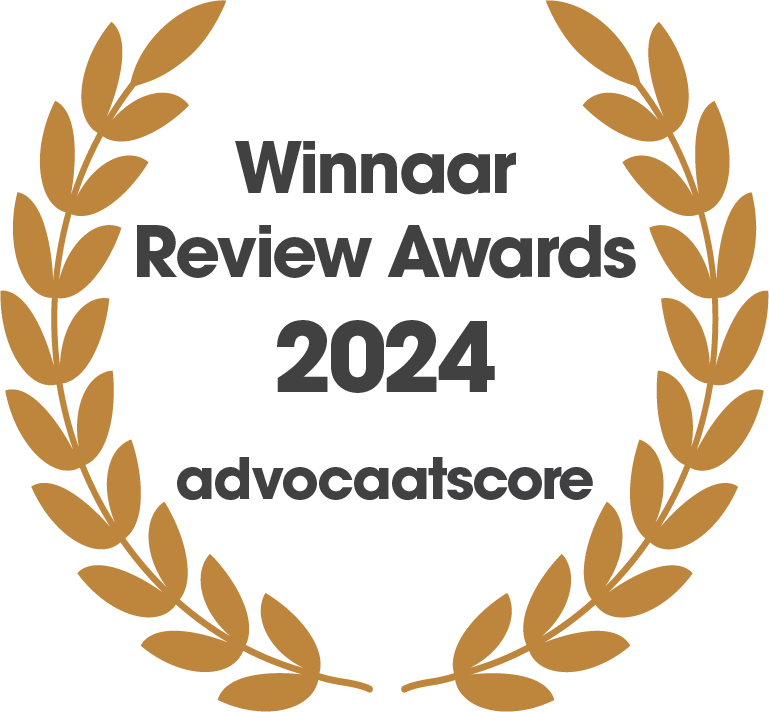
Every year we are in the top 3 of the best law firms in the Netherlands in the field of client satisfaction.
When and how must you apply for a EU facilitation visa (EU entry visa)?
A EU facilitation visa is a special type of Schengen visa specifically intended for family members of EU/EEA citizens or Swiss nationals who wish to travel to the Netherlands to live there. It allows them to enter the EU without the usual visa fees and without the standard visa requirements such as having a financial guarantor, proof of income, timely return, or a travel itinerary.
Who is eligible for a EU facilitation visa?
A facilitation visa can be applied for by:
- Spouses or registered partners of an EU/EEA citizen or Swiss national.
- Unmarried partners of an EU/EEA citizen who have lived together continuously for at least 6 months, or who can demonstrate a durable relationship.
- Children, grandchildren, great-grandchildren, or adopted children of an EU/EEA citizen or Swiss national, or of their spouse or registered partner, who are under 21 years of age. Children, grandchildren, great-grandchildren, or adopted children of an unmarried or unregistered partner of an EU/EEA citizen or Swiss national, who are under 18 years of age and can prove that they live with the EU/EEA citizen or Swiss national.
Parents of a minor Dutch child are also entitled to a EU facilitation visa, provided they can demonstrate a relationship of dependency with the child. It is no longer required to prove that the other parent is unable to care for the child.
How do I apply for an EU facilitation visa?
A facilitation visa is applied for in the same way as a regular Schengen visa. The application is submitted to the Dutch representation in the country of origin. It is important to clearly state that you are applying for a facilitation visa so the application is assessed correctly. No costs may be charged for the application. A decision on the application must be made within 15 working days.
What documents are required?
The following documents must be submitted with a facilitation visa application:
- A valid passport
- Proof of the family relationship with the EU/EEA citizen or Swiss national, such as a marriage certificate, birth certificate, or proof of cohabitation
- Proof that the EU/EEA citizen or Swiss national is living in the Netherlands or will (co)travel to the Netherlands, such as an extract from the Personal Records Database (BRP) or a flight ticket.
Unlike a regular Schengen visa, you do not need to submit documents related to financial means, a guarantor, or proof of return to your country of origin.
Common problems
A common reason for rejection is that the application is assessed using the wrong legal framework. Instead of applying EU law, embassies sometimes assess the application as if it were for a standard tourist visa. This can lead to unjustified rejection, for example, due to the absence of a hotel booking or proof of ties to the country of origin: requirements that do not apply to facilitation visas.
What if the application is rejected?
If your application is rejected, you can file an objection within four weeks. A facilitation visa can be the first step toward family reunification or residence with your EU family member in the Netherlands. You can submit the application yourself, provided you do so carefully and thoroughly. If you’re unsure how to proceed or if your application has been rejected, we are happy to help you explore the appropriate next steps.
Need help? Please contact us via our website for more information.
